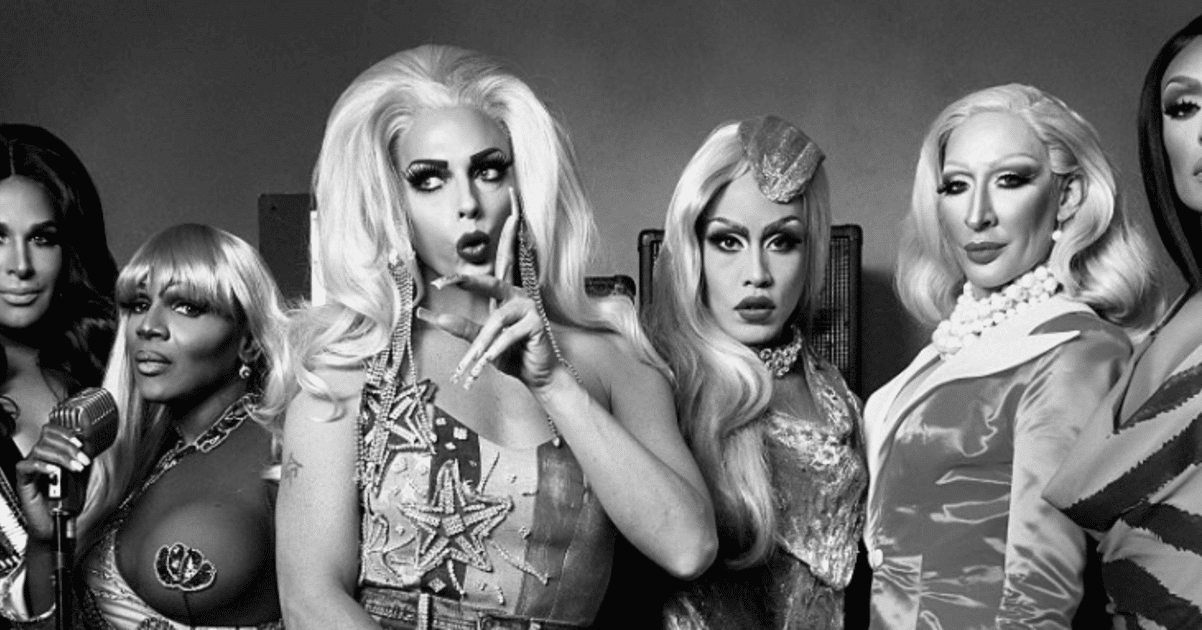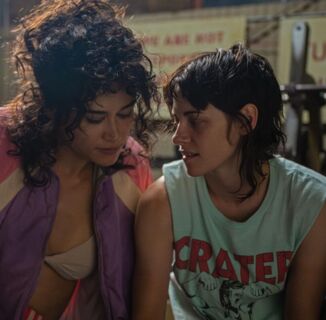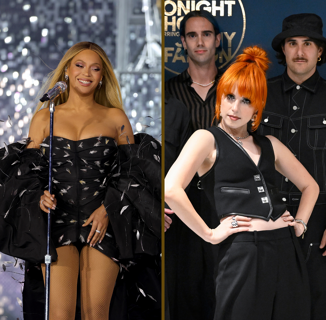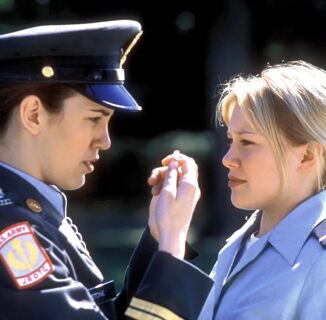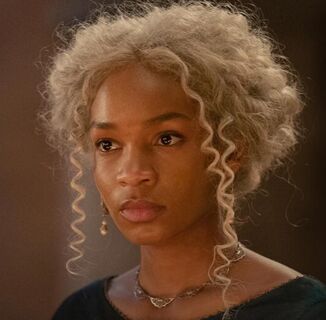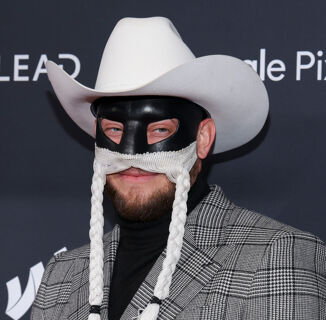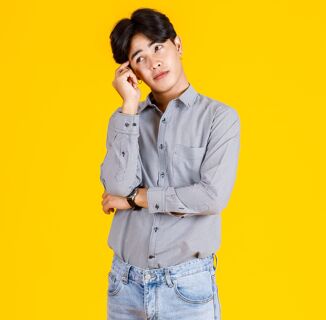One of the most famous moments in RuPaul’s Drag Race herstory is when Roxxxy Andrews has a breakdown on stage and talks about her childhood, where she was left by her mother at a bus stop. In response, RuPaul said, “We, as gay people, get to choose our familiesI am your family, we are family here.”
It’s a touching sentiment and a phrase that’s become somewhat of a mantra in gay culture. However, as someone who isn’t fully American, I’ve often questioned this phrase in how it pertains to non-Western queer people. Is ‘coming out’ only something that happens in the West?
If you didn’t take Intro to Sociology in college, there are primarily two ways that different cultures treat relationships there are individualistic cultures and collectivistic cultures.
In the west, we have individualistic cultures, which means we promote personal achievement and fulfilling the desires of the individual. On the other hand, collectivistic cultures focus on the needs of the community, the group, and the family. Whereas an individualist might ask, “How can I improve my life?” a collectivist might ask, “What can I do to ease the life of my family unit?” Okay, I’m done with the nerd lesson, I swear.
So as a member of a culture that is generally collectivistic, the notion of “chosen family” is more complicated. In Persian culture, family is heavily involved in your personal life. My American friends often don’t understand why everyone gets up and says their goodbyes outside when a house guest is leaving, nor do they understand why my entire family would be in the car to pick me up from middle school. It’s just different.
To gain some perspective, I spoke to a couple other queer folks who are both from collectivist cultures. Both of them preferred to be anonymous, so I’ll be using pseudonyms. The first person I spoke to was Kajal, who is a liberal arts student in New York. Although Kajal lives in the states now, she spent most of her life in growing up in India.
While she says that she can see the power in choosing to be closer to people who are unrelated, Kajal doesn’t find the idea of “chosen family” applicable to her life. While South Asian parents typically rely on their sons, Kajal is one of two daughters. “My parents are very progressive when it comes to gender and so provided for me and my sister as much as they could. This also means they expect us to take care of them once they can no longer take care of themselves.”
While there is a general sentiment in the West that kids take care of their parents, it isn’t nearly to the extent of collectivistic societies. For example, while retirement homes exist in India, they are really only used if the elderly person has no family to go to. Something that Westerners probably don’t understand is just how intertwined family and community are within South Asian and Middle Eastern cultures.
As Kajal describes it, “the family unit is not so clearly separated from the communitythe concept of ‘what would people think’ is so disgustingly tied to decisions a family makes, or even just the existence of the family, that it becomes increasingly hard to live your own truth.” While Kajal points out that she prefers living in a collectivistic culture, she says it’s definitely harder to negotiate your own identity.
One of the foundations of a collectivistic culture is that each member of the community will try and not cause stress to the family structure. Whereas in the West, queer people are often encouraged to speak their truth, no matter the cost, the East encourages people to consider the effect it will have on the family or community. This is the root of what makes coming out more complicated in South Asia and the Middle East people don’t want to disrupt the order of the family.
I talked to another queer girl, Parveen, who explained to me that since she came out as bisexual to her father, he has basically ignored it. At a particularly tense point in Parveen’s life, she was in a psych ward and upon deciding that she had nothing left to lose, she told her father that she was attracted to girls. “He sat there in silence and then left because visiting hours conveniently ended in those five minutes. Nowadaysmy mental health is way better, and my relationship with my parents is incredibly close and healthy, but we have not once addressed this conversation.”
Parveen told me that most of the white people in her life have a hard time understanding how her father could ignore such a conversation. They also don’t understand how she could consider herself close to her parents without talking about her sexuality with them. “I guess it’s hard for people to understand that it’s not just the types of parents I have that affect my choices regarding coming out, it’s also the cultural context I operate in that affects my comfort.”
When I asked Parveen about the “chosen family” mantra, she said that it felt alien to her. Despite having close relationships with friends, “there will always be a distinction between friends and family.” For her, it’s more than just immediate family. It’s about her extended family, her ancestry, and her culture. “We share the experience of 70 years of displacement and movement, from Iran to Pakistan to India to various parts of the Western diaspora. The experiences we share, the loyalty we have, the network we’ve cultivated simply cannot be recreated by any circle of friends, no matter how close.”
As someone who is both Iranian and American, I find myself in the doorway of a lot of these feelings. On one hand, I feel completely connected to my culture and my ancestry. There are parts of my life and parts of my family that can’t be explained or replicated. On the other hand, I have friends that are closer to me than most of my family. I have people who I can bring boys home to, who I could wear makeup in front of, who I can be my gay ass self with. It’s complicated. It’s really fucking complicated.
The point of writing about this isn’t to discredit those who have a “chosen family,” but rather, to acknowledge that “choosing a family” isn’t always that simple. While some queer people might choose their family, other people might engage with their queerness in a different way. Queerness can be ill-defined, it can be messy, it can mean existing both in-between and out-of-place that’s the coolest part about it.
Help make sure LGBTQ+ stories are being told...
We can't rely on mainstream media to tell our stories. That's why we don't lock our articles behind a paywall. Will you support our mission with a contribution today?
Cancel anytime · Proudly LGBTQ+ owned and operated
Read More in Culture
The Latest on INTO
Subscribe to get a twice-weekly dose of queer news, updates, and insights from the INTO team.
in Your Inbox

